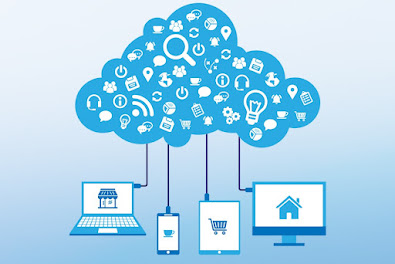Is Your Cloud Enterprise Disaster Recovery Ready ?

The magnitude of risk posed by any specific threat differs across firms, depending on the business model, geography, and other factors. As businesses rely heavily on technologies and digitized data for day-to-day operations, the quantity of data and information technology architecture sacrificed to catastrophes appears to be rising. Every year, businesses are predicted to lose money and experience losses because of disasters, lack of preparedness, and decreased productivity. Disaster prevention strategies should be implemented. Developing and implementing a disaster recovery plan (DRP) is one approach your firm can prepare for and safeguard itself from emergencies. Businesses should have a disaster recovery strategy that can meet all types of emergencies. The strategy should be simple to implement and comprehend, and it needs to be tailored to the organization's specific requirements. The following are essential elements of a disaster recovery plan: 1. Build a Disaster...







